In the world of finance, forex trading has gained significant popularity. As a decentralized global market, forex (foreign exchange) allows traders to buy, sell, and speculate on various currency pairs. However, learning forex trading requires time, dedication, and a solid understanding of market dynamics.
Understanding Forex
What is Forex?
Forex, short for foreign exchange, refers to the global market where currencies are traded. It involves buying one currency while simultaneously selling another, with the goal of profiting from the exchange rate fluctuations. The forex market operates 24 hours a day, five days a week, allowing traders worldwide to participate.
How Does Forex Trading Work?
Forex trading involves speculating on the value of one currency relative to another. Traders aim to predict whether a currency will appreciate or depreciate in value and make corresponding trades to profit from the price movements. The fluctuations in currency values are influenced by various factors such as economic indicators, geopolitical events, and market sentiment.
Learning Forex
How Long Does It Take to Learn Forex?
The duration to learn forex varies for each individual. While some may grasp the basics relatively quickly, becoming a proficient forex trader requires continuous learning and practical experience. On average, it can take several months to a few years to become a competent trader. However, the learning process is ongoing, as market dynamics constantly evolve.
Factors Affecting Learning Duration
Several factors influence how long it takes to learn forex:
Prior Knowledge and Experience: Individuals with prior knowledge of financial markets or trading concepts may have a head start in understanding forex. However, forex trading is unique, and gaining specific knowledge is essential.
Time Commitment: The amount of time dedicated to learning forex significantly impacts the learning duration. Regular study, practice, and staying updated with market news contribute to accelerated learning.
Learning Approach: The chosen learning approach, whether self-study, forex education courses, or mentorship programs, affects the learning speed. Each approach has its advantages and disadvantages, and the compatibility with personal learning preferences plays a role.
Market Conditions: The volatility and complexity of the forex market can impact the learning curve. Periods of high market volatility may require additional time to understand and adapt to rapid price movements.
Individual Learning Style: People have different learning styles—visual, auditory, kinesthetic, etc. Choosing resources and strategies that align with one's preferred learning style can enhance comprehension and retention of forex trading concepts.
Psychological Factors: Forex trading involves managing emotions, such as fear and greed. Developing emotional resilience and discipline can positively impact the learning duration.
Building a Strong Foundation
Understanding Market Basics
Before diving into the complexities of forex trading, it's crucial to grasp the foundational concepts:
Currency pairs and exchange rates
Pips, lots, and leverage
Bid and ask prices
Market orders and limit orders
Fundamental Analysis
Fundamental analysis involves evaluating economic, social, and political factors that impact currency values. Key components of fundamental analysis include:
Economic indicators (GDP, inflation, employment data)
Central bank policies
Geopolitical events and news
Technical Analysis
Technical analysis focuses on studying historical price charts, patterns, and indicators to forecast future price movements. Important aspects of technical analysis include:
Candlestick patterns
Support and resistance levels
Moving averages
Oscillators and indicators
Choosing the Right Learning Approach
Self-Study
Self-study allows individuals to learn at their own pace, using online resources, books, and tutorials. It requires self-discipline and motivation. LSI Keyword: "forex trading self-study guide."
Forex Education Courses
Forex education courses offer structured learning materials, often taught by experienced traders. These courses cover various topics, from beginner to advanced levels. LSI Keyword: "best forex education courses."
Mentorship Programs
Joining a mentorship program connects aspiring traders with experienced mentors. Mentors provide personalized guidance, support, and insights into successful trading strategies. LSI Keyword: "forex mentorship programs."
Creating a Learning Plan
Setting Realistic Goals
Setting achievable goals helps track progress and maintain motivation. Goals can include specific milestones, such as mastering technical analysis or achieving consistent profitability.
Creating a Study Schedule
A well-structured study schedule ensures regular learning and practice sessions. Allocating dedicated time to studying forex concepts, analyzing charts, and practicing trading strategies is crucial for skill development.
Practicing with Demo Accounts
Utilizing demo accounts offered by forex brokers allows traders to practice trading strategies without risking real money. This hands-on experience helps gain confidence and understand the practical aspects of executing trades.
Learning Resources
Forex Books
Reading books written by experienced traders and market analysts provides in-depth knowledge and insights. Recommended forex books include "Trading in the Zone" by Mark Douglas and "Japanese Candlestick Charting Techniques" by Steve Nison.
Online Tutorials and Webinars
Online tutorials and webinars offer interactive learning experiences. They cover various aspects of forex trading, including technical analysis, risk management, and trading psychology.
Forex Trading Forums
Engaging in forex trading forums allows traders to connect with the trading community. Forums provide opportunities to ask questions, share experiences, and learn from seasoned traders.
Gaining Practical Experience
Opening a Forex Demo Account
To practice trading in a risk-free environment, opening a forex demo account is recommended. It simulates real market conditions and allows traders to execute trades without using real money.
Live Trading with Small Capital
Once comfortable with demo trading, transitioning to live trading with a small capital amount is advisable. This provides a sense of trading with real money while managing risk.
Developing a Trading Strategy
Setting Risk Management Rules
Risk management is crucial in forex trading to protect capital from significant losses. Setting risk management rules involves determining the maximum acceptable loss per trade and using stop-loss orders.
Identifying Trading Opportunities
Developing a trading strategy involves identifying potential entry and exit points based on technical and/or fundamental analysis. Traders use a combination of indicators, patterns, and market analysis to find favorable trading opportunities.
Backtesting and Optimization
Before implementing a trading strategy, it's important to backtest it using historical data. Backtesting helps evaluate the strategy's performance and make necessary adjustments for optimization.
Embracing Continuous Learning
Staying Updated with Market News
Monitoring economic news, central bank announcements, and geopolitical events is essential to stay informed about factors influencing currency markets. Economic calendars and news websites provide real-time updates.
Analyzing Trade Performance
Regularly reviewing and analyzing past trades helps identify strengths, weaknesses, and areas for improvement. This self-assessment contributes to ongoing learning and development as a trader.
Expanding Trading Knowledge
Forex trading is a dynamic field, and continuous learning is vital for success. Expanding trading knowledge can involve exploring advanced trading strategies, experimenting with new indicators, or studying market trends.
Overcoming Challenges
Dealing with Emotional Rollercoaster
Forex trading can evoke various emotions, such as fear, greed, and frustration. Developing emotional resilience and maintaining a disciplined mindset are crucial to overcome emotional challenges.
Handling Trading Losses
Losses are an inevitable part of trading. Learning to accept and manage losses is essential to maintain a healthy trading mindset. Implementing risk management strategies helps minimize losses.
Adapting to Market Changes
The forex market is influenced by various factors that can cause shifts in trends and volatility. Adapting to market changes requires staying updated, adjusting trading strategies, and being flexible in approach.
Conclusion
Learning forex trading is a journey that requires time, dedication, and continuous learning. While the duration to become a proficient trader varies for each individual, building a strong foundation, choosing the right learning approach, gaining practical experience, and embracing continuous learning are key factors for success. With perseverance and a comprehensive understanding of forex trading, individuals can unlock opportunities in the dynamic world of forex.
What are the benefits of learning forex trading?
Learning forex trading offers several benefits, including:
Potential for financial independence
Flexible trading hours
Global market accessibility
Diversification of investment portfolio
Is forex trading suitable for everyone?
Forex trading may not be suitable for everyone. It requires dedication, risk tolerance, and a willingness to learn. Individuals should assess their financial situation and risk appetite before engaging in forex trading.
Can I learn forex trading without any prior experience?
Yes, it is possible to learn forex trading without prior experience. The key is to start with the basics, educate yourself through reliable resources, and practice trading strategies using demo accounts.
How much money do I need to start forex trading?
The amount of money needed to start forex trading varies. Some brokers offer accounts with low minimum deposit requirements, while others may require larger capital. It's important to trade with capital you can afford to lose.
How can I speed up the learning process?
To speed up the learning process, consider the following:
Dedicate sufficient time to learning and practice.
Follow a structured learning plan.
Seek guidance from experienced traders or mentors.
Stay updated with market news and trends.
What are some common mistakes to avoid in forex trading?
Common mistakes to avoid in forex trading include:
Lack of risk management.
Emotional trading based on fear or greed.
Overtrading and excessive use of leverage.
Failing to adapt to changing market conditions.
Can I make a living from forex trading?
While it's possible to make a living from forex trading, it requires substantial knowledge, experience, and discipline. It's advisable to have alternative sources of income initially and gradually transition to full-time trading.
Is forex trading risky?
Forex trading carries inherent risks due to market volatility and leverage. However, with proper risk management strategies and a disciplined approach, risks can be minimized.
Are there any shortcuts to becoming a successful forex trader?
There are no shortcuts to becoming a successful forex trader. Success comes with continuous learning, practice, and the ability to adapt to changing market conditions. Hard work and perseverance are key.
How do I stay motivated during the learning process?
To stay motivated during the learning process:
Set realistic goals and track your progress.
Celebrate small achievements along the way.
Surround yourself with like-minded traders.
Remind yourself of the long-term benefits of forex trading.
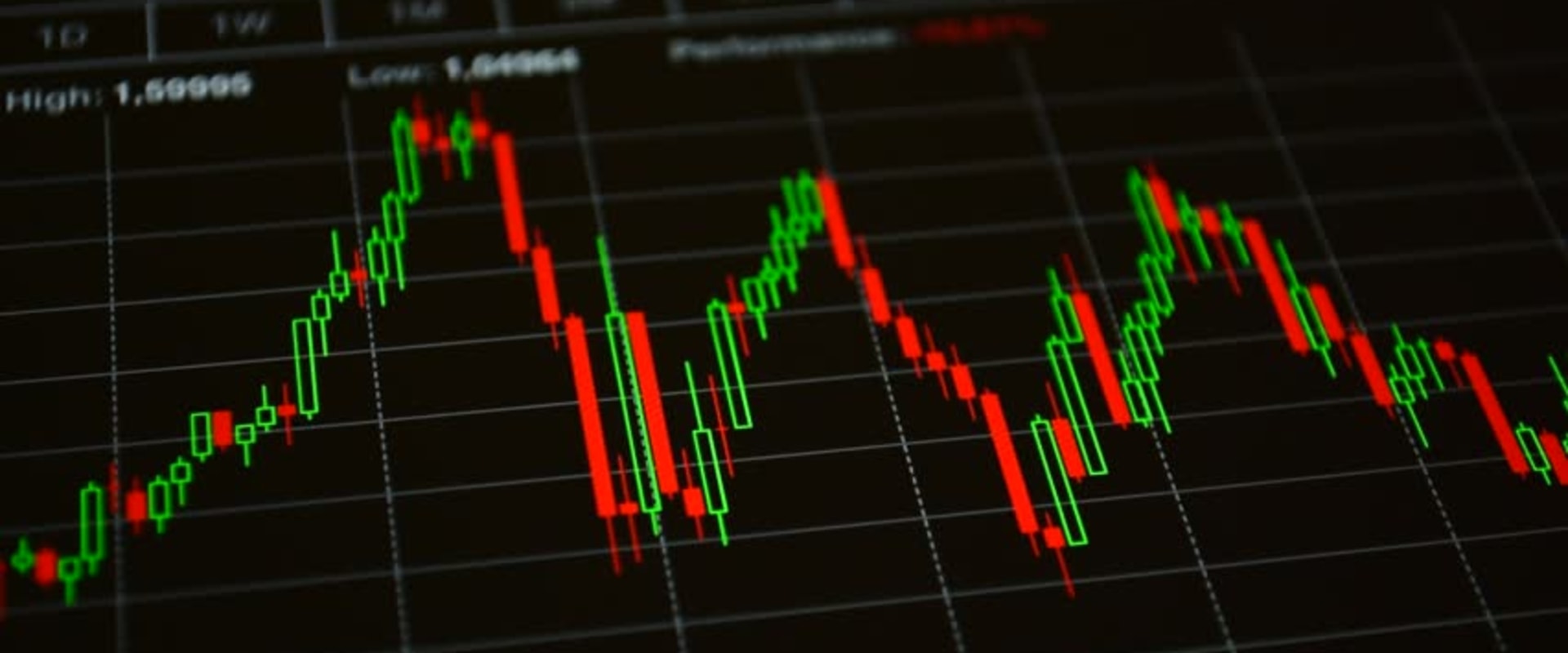
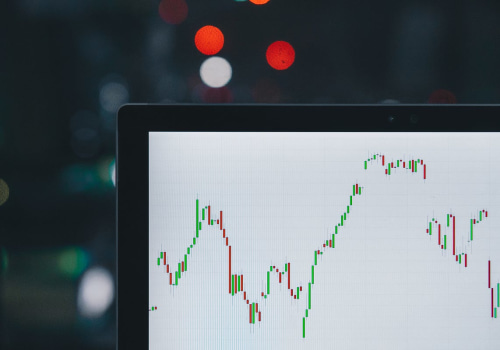
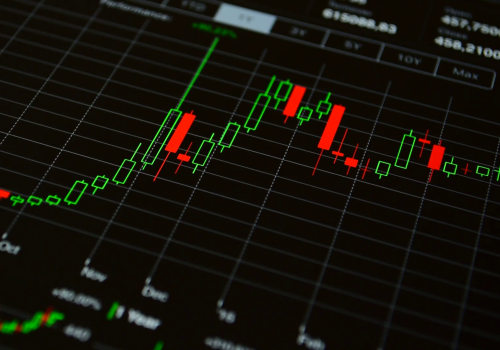
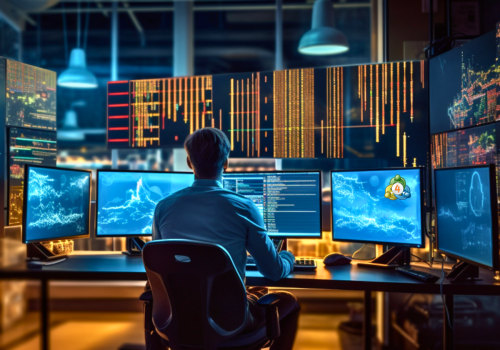
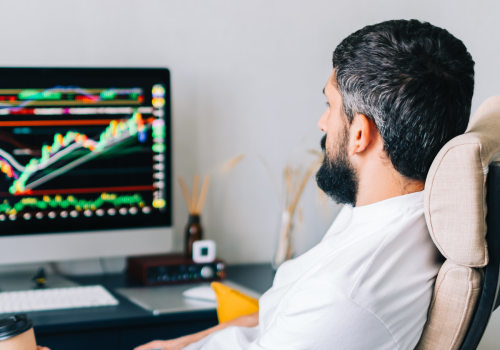
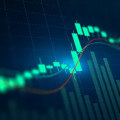


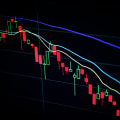

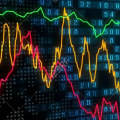

Leave Reply